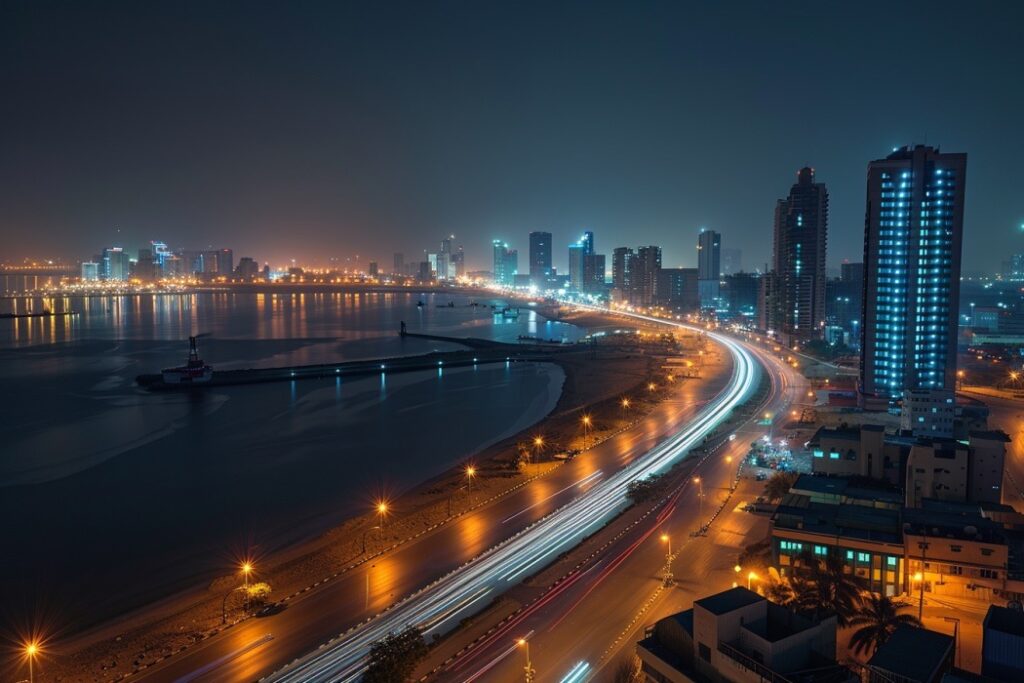Georgians Rally Against Repressive Legislation Mimicking Kremlin Policies
TBLISI — In a powerful display of resistance, thousands of Georgians have taken to the streets of their capital to protest government attempts to push through a controversial law mirroring repressive measures imposed by the Kremlin.
Georgian Dream, the ruling party, has submitted a revised version of the legislation to parliament, after it was previously withdrawn due to public outrage.
The proposed law mandates that media and non-commercial organizations must register as entities under foreign influence if they receive over 20% of their funding from abroad.
This mirrors a previous proposal that Georgian Dream was forced to retract a year ago following mass demonstrations.
The only alteration is the replacement of the term “agents of foreign influence” with “pursuing the interests of a foreign power.”
Critics of the bill have labeled it as “the Russian law” due to its resemblance to legislation used by Russia to target independent media outlets and organizations that oppose the Kremlin.
Georgian Dream has faced ongoing criticism for its perceived pro-Russia stance, sparking debates over the party’s true allegiances.
However, President Salome Zourabichvili issued a stark warning during the recent protests, framing the bill as a choice between “independence or enslavement, that of Europe and Russia”.
If enacted, the law on “foreign influence” has raised concerns from Brussels, with the European Union cautioning that it could jeopardize Georgia’s candidacy for EU membership – a prospect widely supported by the Georgian population.
The European External Action Service, the EU’s primary foreign policy body, expressed serious reservations about the reintroduction of the bill, emphasizing the importance of upholding civil society and combating disinformation.
“The EU reminds Georgia of the steps required for candidate status, including safeguarding civil society’s freedom and countering misinformation targeting the EU and its principles,” the statement from the service highlighted.
Russia has long sought to exert influence in Georgia, considering it part of its purported legitimate sphere of control along with other neighboring nations, as seen in the 2008 invasion of South Ossetia and Abkhazia.
This aggressive move foreshadowed Russia’s later actions in eastern Ukraine, leading to a rupture in diplomatic relations between Tbilisi and Moscow that remains unresolved. — Euronews



